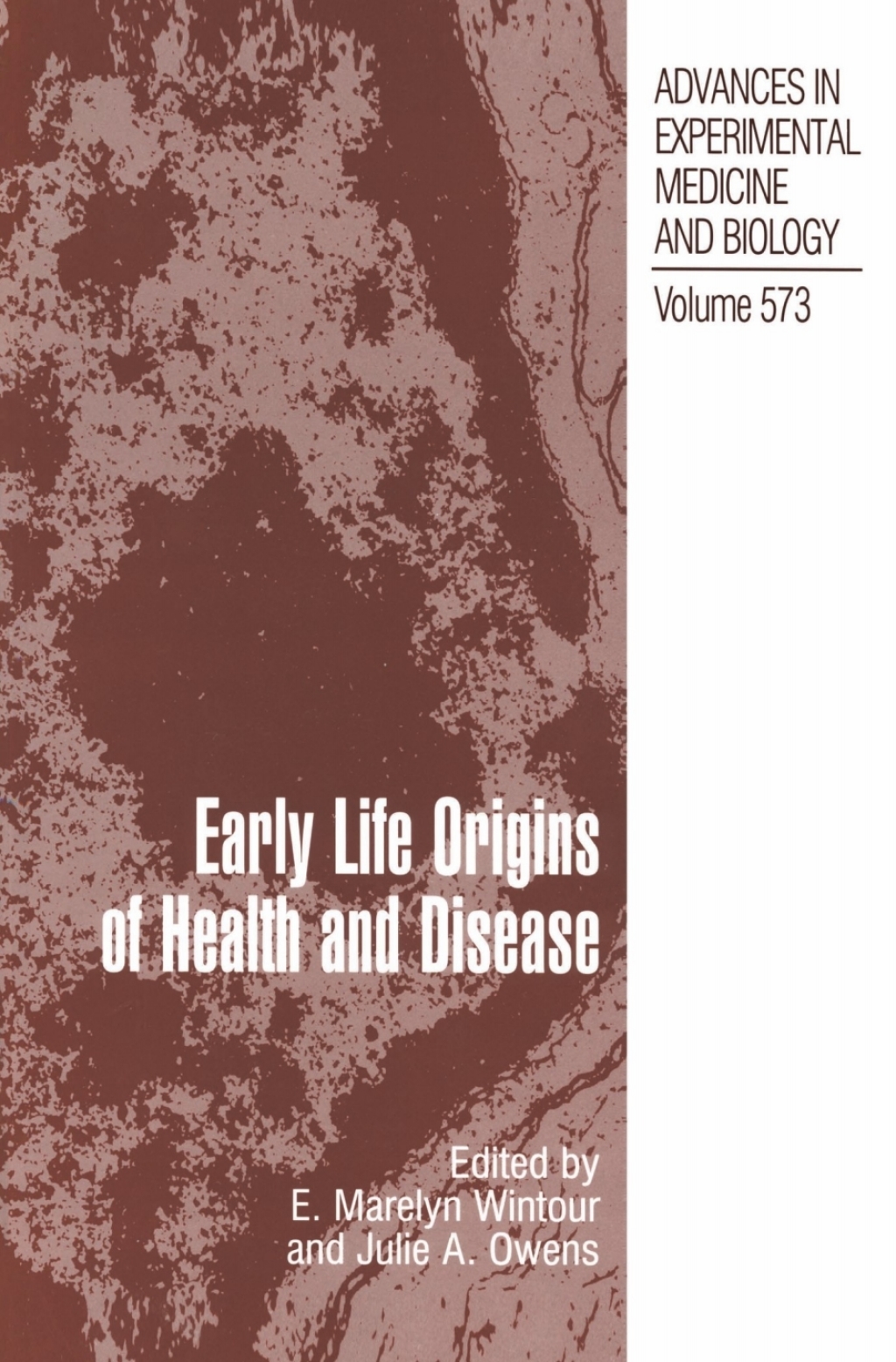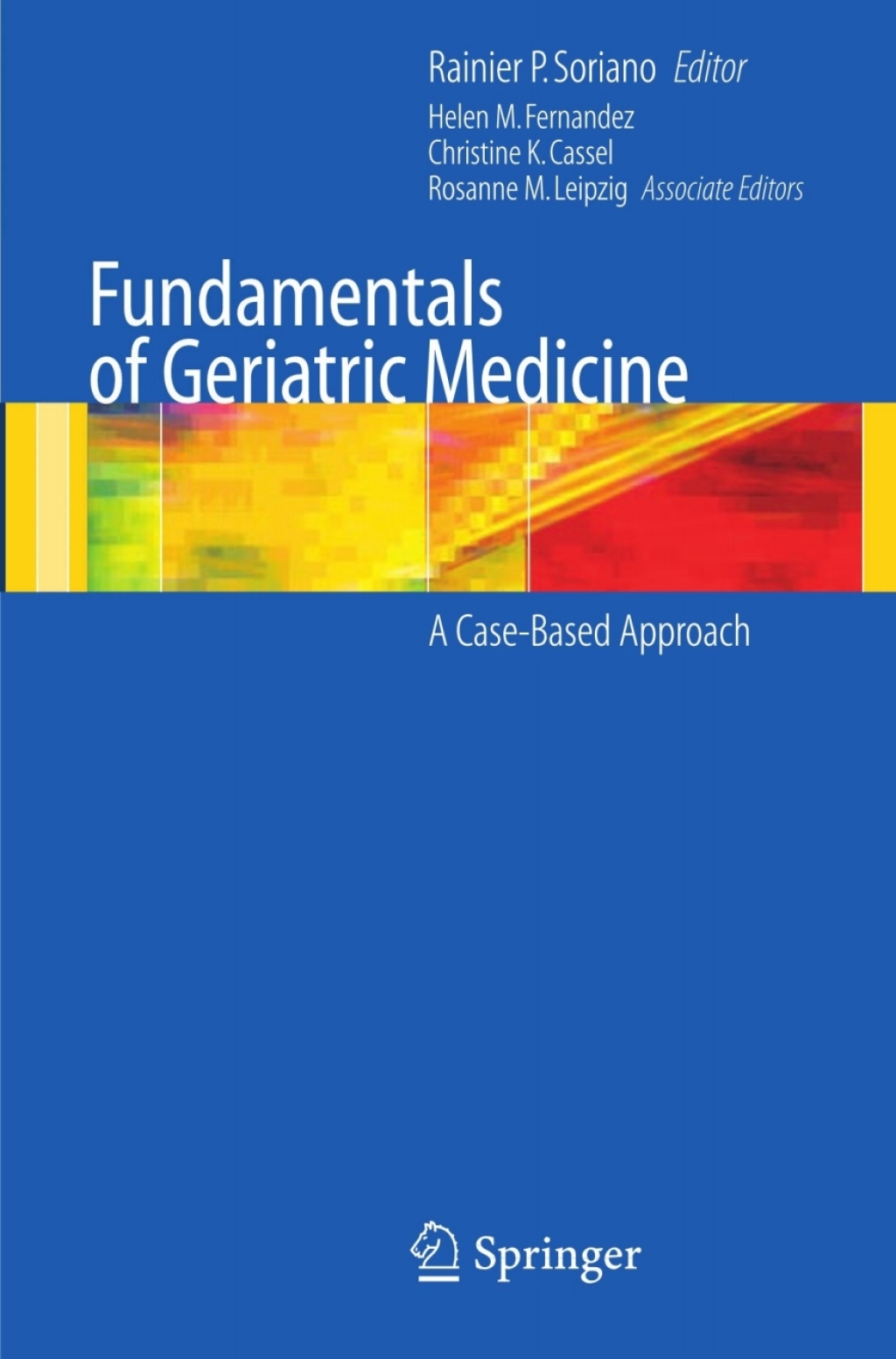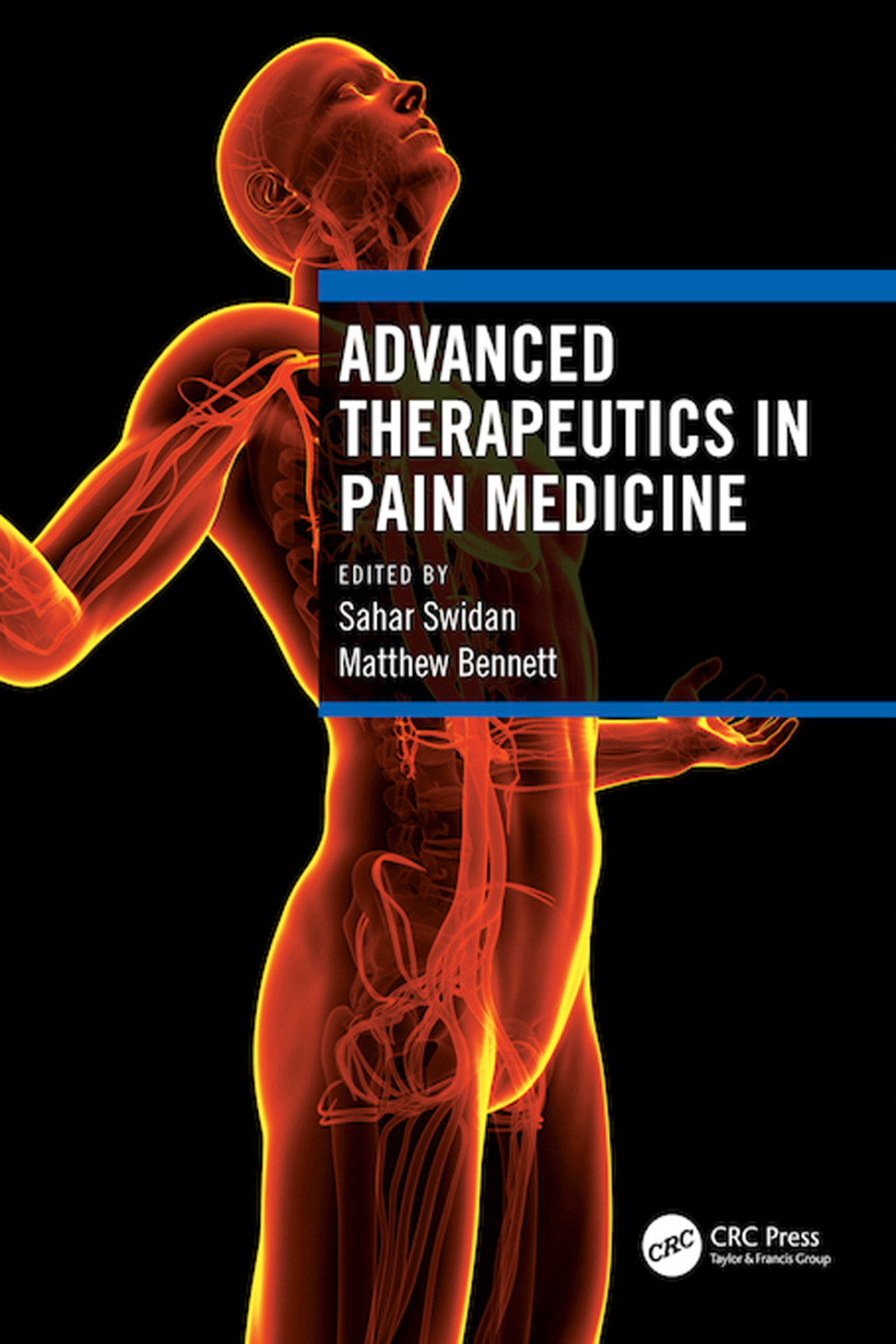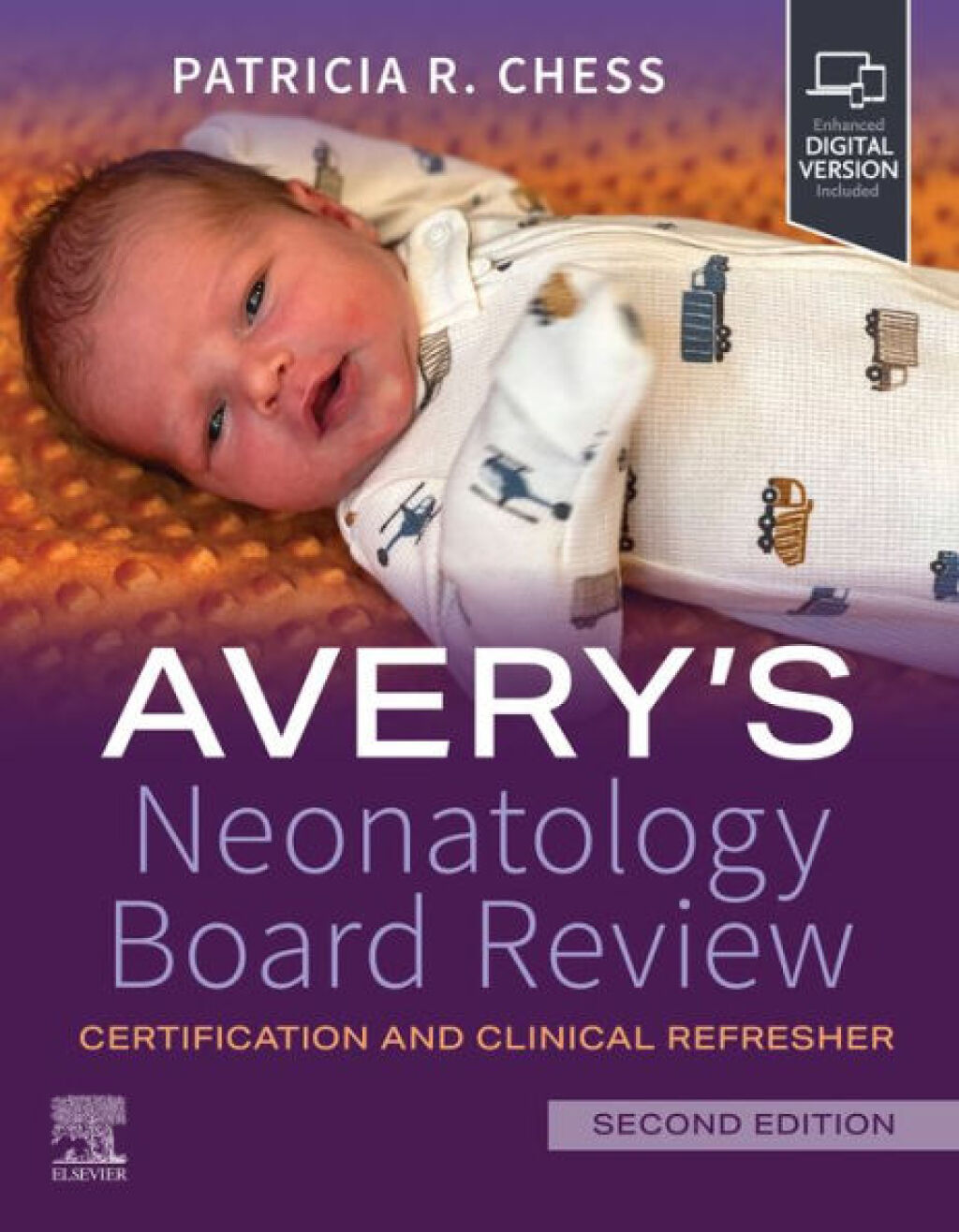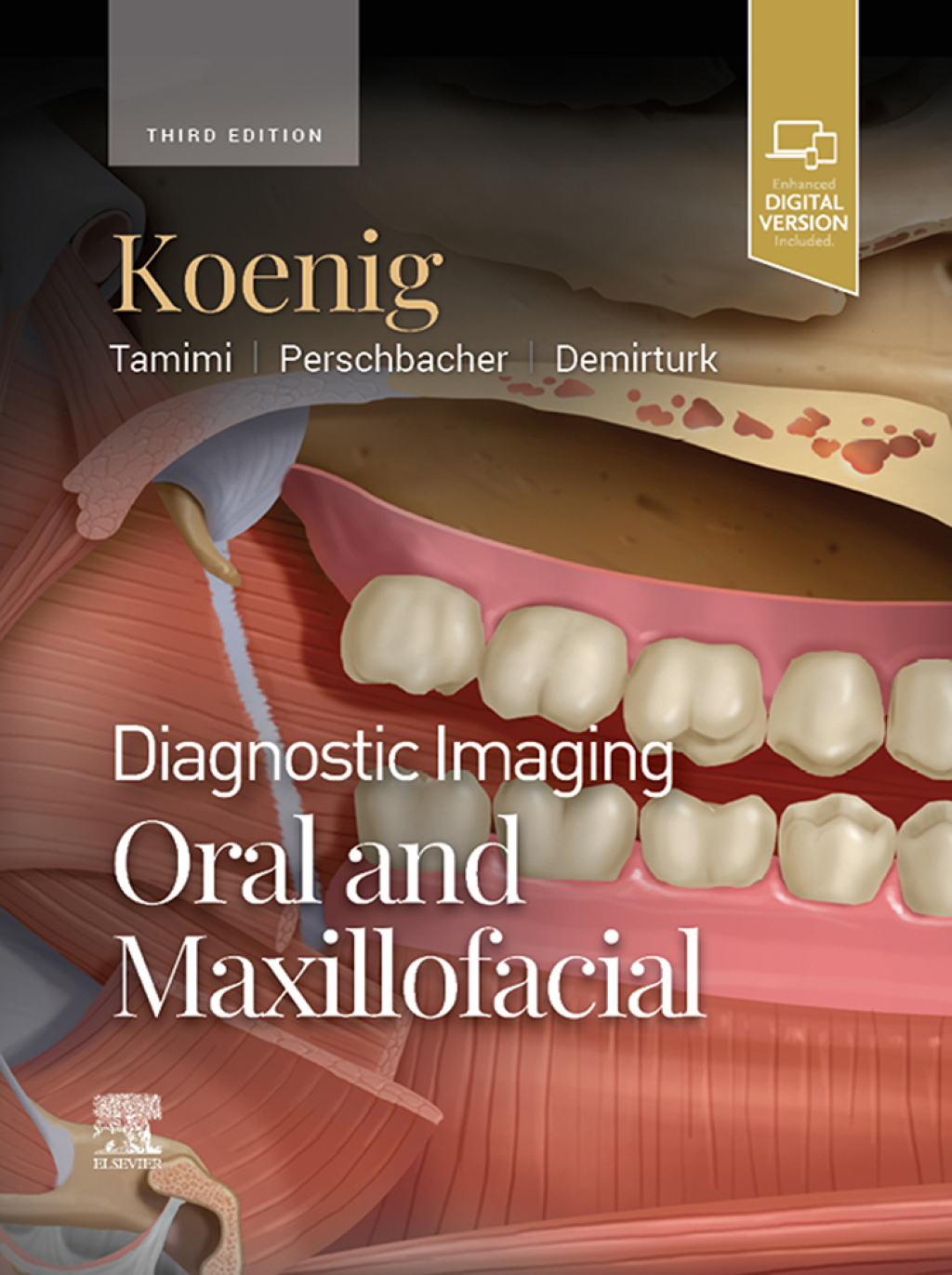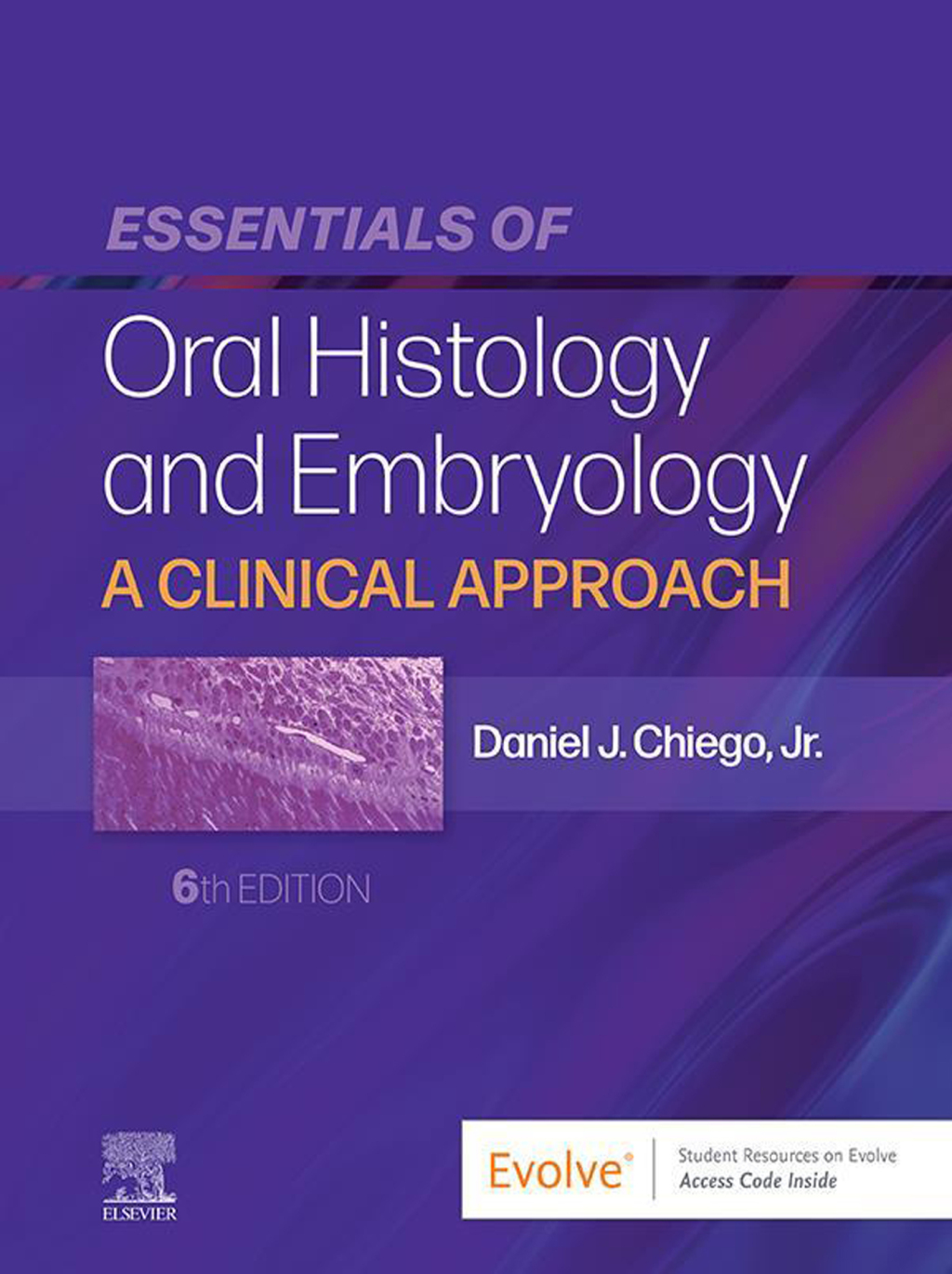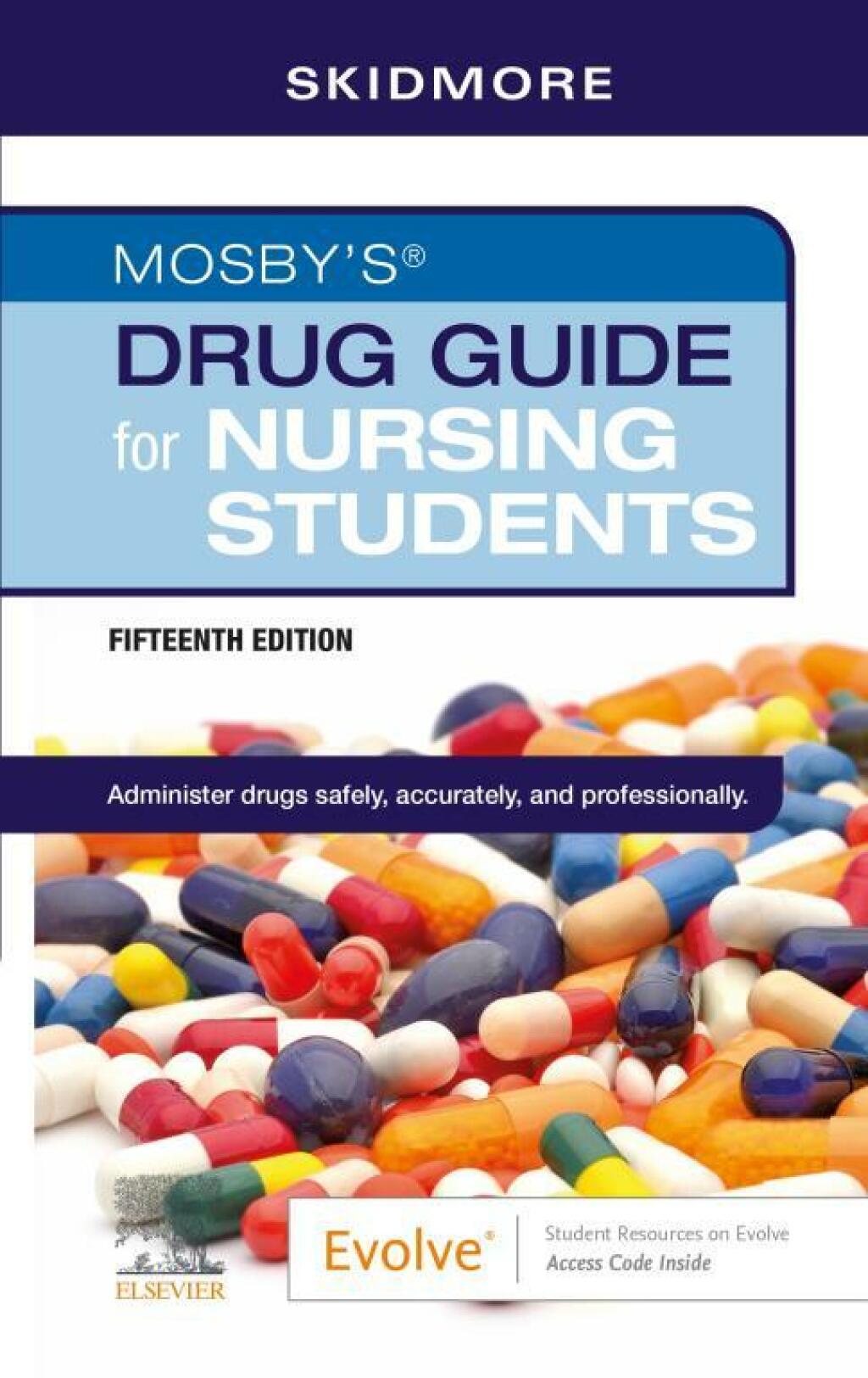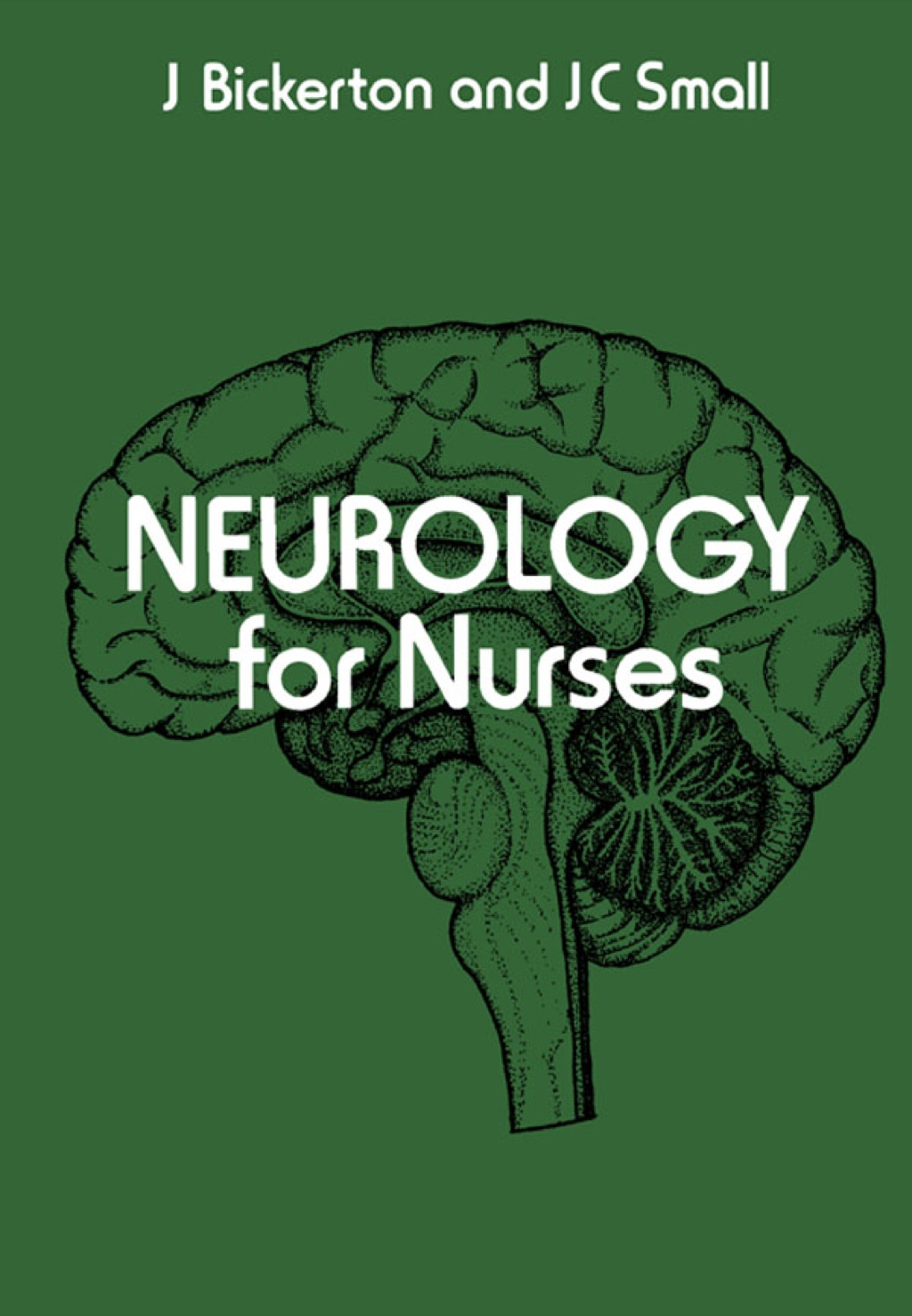Prior to the evolution of modern medicine, with its superabundance of diagnostic and therapeutic medical technology and the rise of the litigious society, the value of clinical skills was evident in both history taking and the physical examination. Even today, physicians can make a correct di- nosis solely by utilizing their clinical skills in about 90% of patient enco- ters. Furthermore, in the past physicians understood their role as a “psychologist” and were more apt to be familiar with the social context of their patients. House calls were common. The doctor was also a “placebo” who, at his best, inspired hope and probably sped recovery. Geriatricians use both clinical skills and take advantage of modern technology sparingly, for they know they are dealing with the most ch- lenging and frail of patients—older patients who so often present with multiple, complex, interacting behavioral, social, and physical problems. In contrast to medicine for young people, working with the older patient is much more demanding. Furthermore, the complex issue of societal at- tudes toward old people can come into play, speci? cally the physician’s need to deal with natural fears of aging, dependency, depression, dementia, and death. Ageism is the enemy of effective medical treatment. At its best, geriatrics exempli? es ways that medical care for all ages can become more humane, problem-oriented, and holistic.
“Mosby’s Drug Guide for Nursing Students 15th Edition” has been added to your cart. View cart
Fundamentals of Geriatric Medicine A Case-Based Approach 1st Edition
Author(s): Rainier P. Soriano
Publisher: Springer
ISBN: 9780387323244
Edition: 1st Edition
$39,99
Delivery: This can be downloaded Immediately after purchasing.
Version: Only PDF Version.
Compatible Devices: Can be read on any device (Kindle, NOOK, Android/IOS devices, Windows, MAC)
Quality: High Quality. No missing contents. Printable
Recommended Software: Check here


